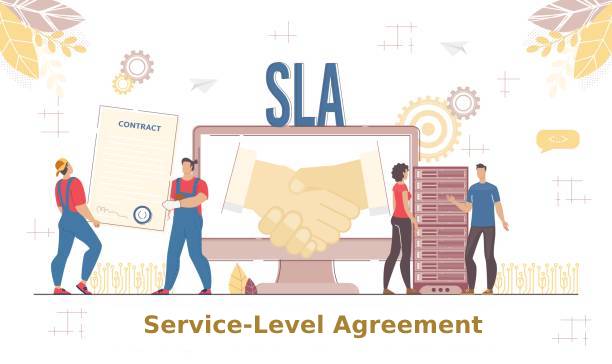The internet has become an essential part of our daily lives, providing us access to an endless stream of information, entertainment, and communication. However, while the internet has revolutionised how we live and work, it’s paramount to recognise that it comes with challenges and risks. If you’re approaching your 30s, you’re someone who has grown up alongside the internet.
Therefore, we must learn key lessons about the internet to be able to navigate it safely and responsibly. In this article, we’ll discuss the top 6 lessons about the internet that everyone should learn before they hit 30, from online privacy and security to the impact of social media on mental health. By understanding these lessons, we can maximise the benefits of the internet while avoiding its potential pitfalls.
Here are six key lessons about the internet that we think you should learn before you hit 30:
-
Be aware of online privacy:
In the digital age, your private personal information is now more accessible than ever before. So it’s essential to be mindful of how much personal information you share online and who has access to it. Learn about the importance of strong passwords, two-factor authentication, and privacy settings on social media platforms.
The internet can be a dangerous place, with hackers and other malicious actors constantly looking for ways to steal personal information or cause harm. That’s why online privacy and security are so crucial. Learn how to protect your online accounts, use strong passwords, and be cautious about what information you share online.
-
Be mindful of your online reputation:
Your online activity and behaviour can significantly impact your personal and professional reputation. Think twice before posting anything online, and consider the potential consequences of your actions. Sites like Bebo and MySpace have gone the way of dinosaurs, but the internet is forever. Be mindful of what you post online, as it can have long-lasting consequences. Once you put something out there, it can be difficult or impossible to take it back.
-
Understand digital security risks:
Cybersecurity threats like malware, phishing, and identity theft are common today. Learn about basic digital security measures like using antivirus software, regularly updating software and operating systems, and being wary of suspicious email links or attachments.
One other way you can keep secure online is with a good, fast broadband plan. Take a look at Compare Broadband to find the best home Wi-Fi plan for you!
-
Be responsible with social media:
Social media platforms have become integral to our daily lives, but it’s important to be responsible when using them. Understand how to use social media platforms safely and effectively, and be mindful of how your online activity can affect your mental health.
The internet can be addictive, especially social media. With so much content available at our fingertips, it’s easy to get sucked into a never-ending cycle of scrolling and clicking. So be mindful of your time online, and disconnect regularly.
Social media can also adversely affect mental health: While social media can be a great way to connect with others, it can also lead to feelings of jealousy, anxiety, and loneliness. Be mindful of how social media use affects your mental health, and take breaks when necessary.
-
Recognize the importance of digital literacy:
The internet is a vast and complex system, and it’s essential to have a basic understanding of how it works. It’s not just “https://www.” and locating the browser anymore – learning about basic concepts like search engine optimization, online advertising, and digital marketing will keep you in good stead for using the internet of the future and the present.
-
Be a responsible digital citizen:
With the internet’s ability to connect people from all over the world, it is essential to be a responsible digital citizen. This responsibility means being respectful of others online, avoiding online harassment or bullying, and reporting any illegal or inappropriate activity to the relevant authorities.
In this vein, be aware that fake news and misinformation are rampant: It’s essential to be critical of the information you come across online, as not everything is accurate or trustworthy. Take the time to fact-check and verify sources before sharing information.
The internet is a powerful tool that can significantly impact our lives positively and negatively. Despite its many challenges, it can be a real force for good. Nothing else in the world has so much power to connect people, foster innovation, and drive positive change. That’s why it’s imperative to approach the internet with a critical mindset and be aware of its potential consequences. By learning about online privacy and security, being mindful of our online behaviour, fact-checking information, and healthily using social media, we can harness the internet’s power for good and positively impact ourselves and our communities.
















